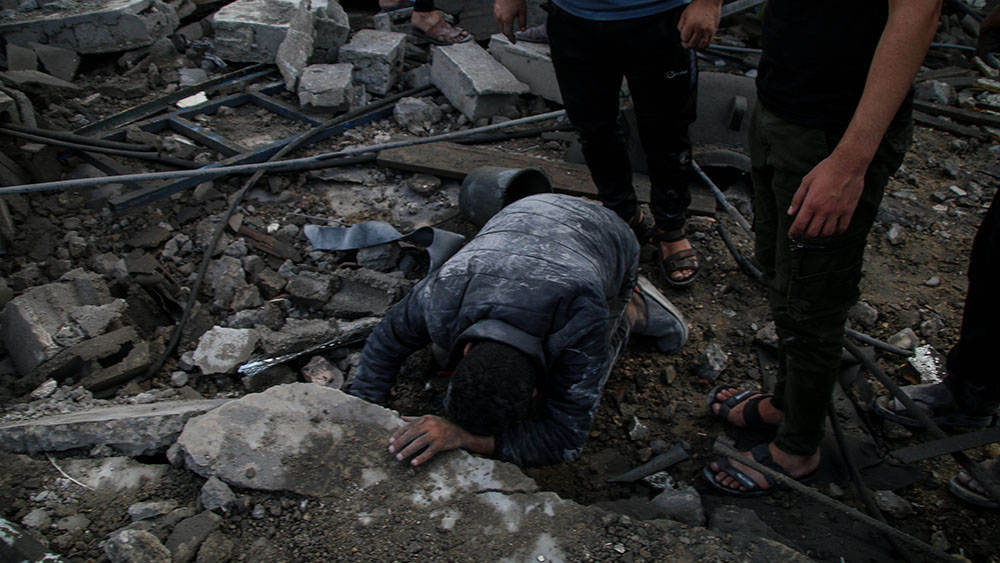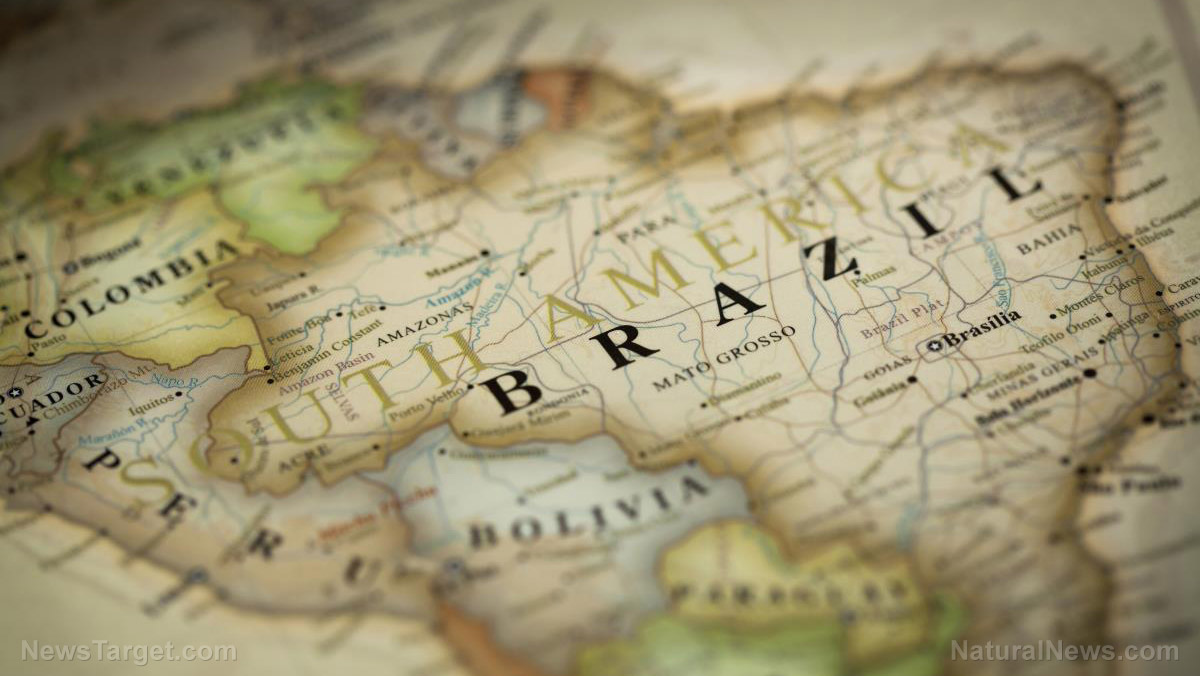 Parler
Parler Gab
Gab
- Trump ends the 33-year U.S. moratorium on nuclear weapons testing.
- He cites strategic competition with Russia and China as the reason.
- The decision reverses long-standing policy and risks a global arms race.
- The U.S. last conducted an explosive nuclear test in 1992.
- Russia and China have recently advanced their own nuclear capabilities.
The return to testing after 33 years
The United States last conducted an explosive nuclear test in 1992, operating under a congressionally mandated moratorium ever since. Speaking to reporters aboard Air Force One, Trump defended his decision by pointing to other nations' activities. "It had to do with others — they seemed to all be nuclear testing," he said. "We have more nuclear weapons than anybody. We don’t do testing. We halted it many years ago, but with others doing testing, I think it’s appropriate that we do also." When pressed for details on the timing and location of the tests, Trump remained vague. "It’ll be announced. You know, we have test sites. It’ll be announced," he told reporters. This move reverses a long-standing bipartisan policy and could trigger a new global arms race.The global nuclear landscape
The decision follows a series of provocative weapons tests by other powers. Russia recently announced the successful test of a nuclear-powered Burevestnik cruise missile, which it claims has a virtually unlimited range. The country's top general, Valery Gerasimov, reported to President Vladimir Putin that the missile traveled 8,700 miles and remained airborne for about 15 hours. Meanwhile, China has been rapidly expanding its own nuclear capabilities. According to the Center for Strategic and International Studies, Beijing has more than doubled the size of its arsenal from an estimated 300 weapons in 2020 to 600 in 2025. The think tank projects China will possess more than 1,000 nuclear weapons by 2030. The most recent estimates from the Stockholm International Peace Research Institute place the U.S. stockpile at 5,177 warheads, with Russia at 5,459. Despite the escalatory nature of the decision, Trump downplayed the risks. Asked if the world was entering a more dangerous phase, he replied, "I don’t think so. I think we have it pretty well locked up." He also expressed a desire for denuclearization, stating, "I’d like to see a denuclearization because we have so many." He added that the U.S. is "actually talking to Russia about that and China would be added to that if we do something." This decision places the United States at a critical crossroads. While a credible deterrent against genuine threats like a rapidly arming China is undeniably necessary, a return to nuclear testing risks draining national resources and accelerating a dangerous global arms buildup. The delicate balance between national security and global stability has never been more precarious. Will this announcement mark a new, more volatile chapter in nuclear history? Sources for this article include: RT.com FoxNews.com Reuters.comGaza death toll nears 70,000 as ceasefire fails to stop bloodshed
By Kevin Hughes // Share
UN staff in Yemen face trial over alleged links to Israeli assassination strikes
By Belle Carter // Share
Amazon drug trade surges as traffickers exploit industrial boom, threatening Brazil-U.S. relations
By Belle Carter // Share
Novatek chair: EU phase-out of Russian gas could spark “unprecedented” price surge
By Patrick Lewis // Share
AAP urges caution on LEUCOVORIN use for autism amid rising parental interest
By Patrick Lewis // Share
The unseen warning: How a fading sense of smell signals a failing heart
By Ava Grace // Share
Governments continue to obscure COVID-19 vaccine data amid rising concerns over excess deaths
By patricklewis // Share
Tech giant Microsoft backs EXTINCTION with its support of carbon capture programs
By ramontomeydw // Share
Germany to resume arms exports to Israel despite repeated ceasefire violations
By isabelle // Share










